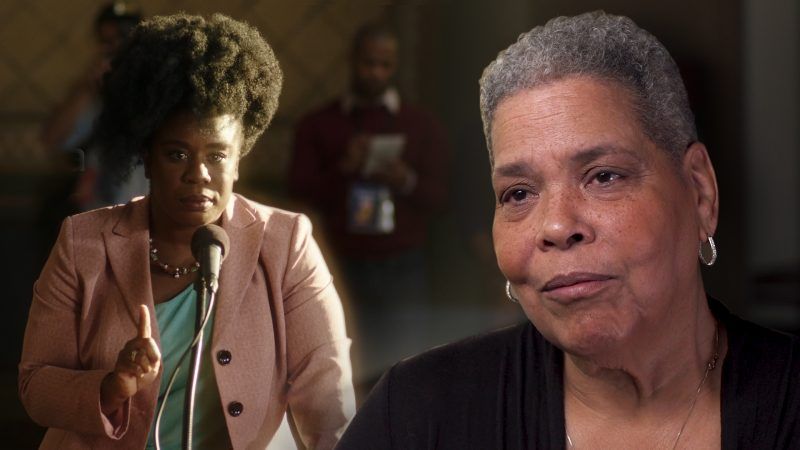The Story Behind Miss Virginia Exemplifies The Moral Case for School Choice
As a black child growing up in Arkansas, Virginia Walden Ford fought her way into segregated schools. As an adult, she fought to get her son out of failing public schools.

Today marks the start of National School Choice Week, an annual event designed to "raise public awareness of the different K-12 education options available to children and families while also spotlighting the benefits of school choice." The organizers promote all forms of school choice, from publicly funded charter schools to tuition tax credits to educational savings accounts (ESAs) to private-scholarship programs to homeschooling and beyond. National School Choice Week first launched in 2011 and this year, parents, student, educators, and activists will host over 51,000 events nationwide. Go here to find events in your area and go here for past Reason coverage.
Today's the day! National #SchoolChoiceWeek 2020 officially begins, with 51,300 events and activities across America! Thanks to everyone who is celebrating this week and helping raise awareness! #schoolchoice @schoolchoicewk pic.twitter.com/kCaU8GnnQv
— Andrew R. Campanella (@andrewrcamp) January 26, 2020
If one figure embodies the moral case for giving parents and students greater ability to select their preferred form of K-12 education, it's Virginia Walden Ford, whose story is told in last year's Miss Virginia. Growing up in Arkansas, she was among the first wave of African Americans who integrated public schools in Little Rock, Arkansas in the late 1950s and early 1960s. As a single parent in Washington, D.C., she organized parents in the early 2000s and fought to create the Opportunity Scholarship Program, a federally-funded private school voucher program has allowed thousands of poor kids—including her son—to escape failing public schools.
Miss Virginia tells that story, as does her memoir, also released last fall. Here message is both political and personal, understated and powerful as the loudest protest chant: Trust parents to do what is right and give them the means to find schools that fit the unique needs of each child.
Here's the interview I did with her last fall, in which she talks about the grim intersection of race and education policy in the United States, what it's like to have a cross burnt in your front yard, why she thinks school choice should be a non-partisan issue, the mixed-blessing of having Donald Trump being the best president to date on school choice, and her disappointment at the hostility toward school choice evinced by the 2020 Democratic presidential candidates.


Show Comments (22)